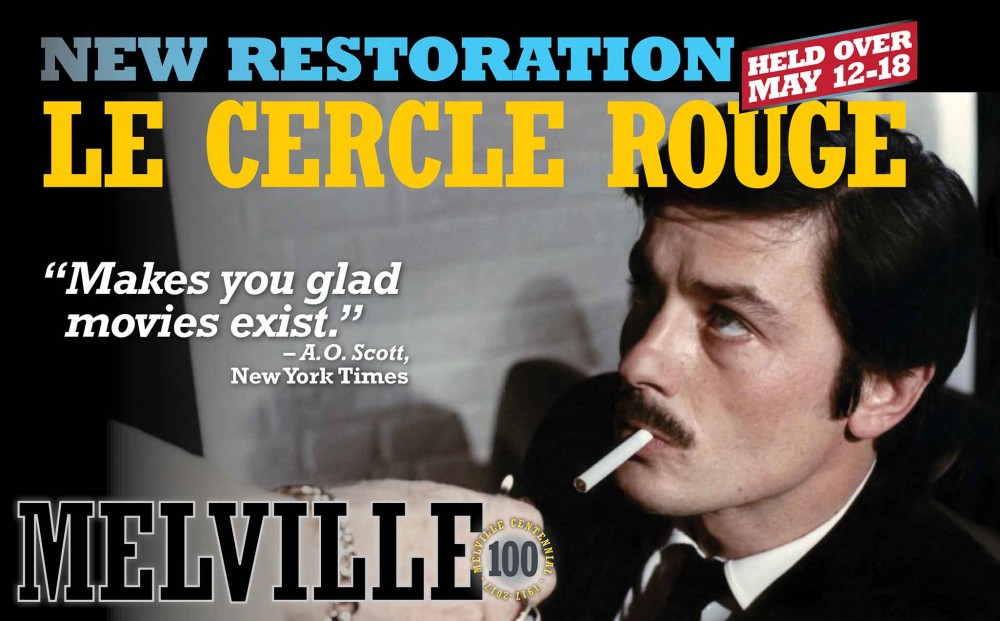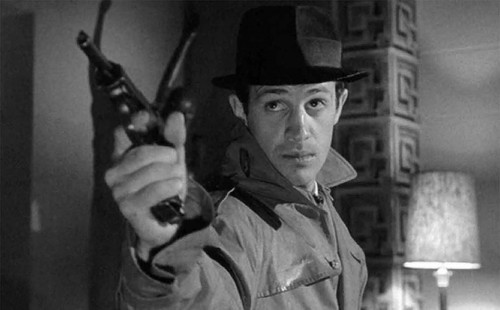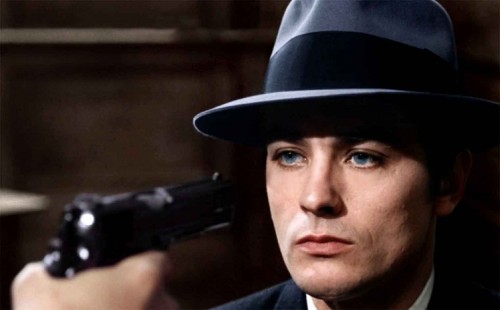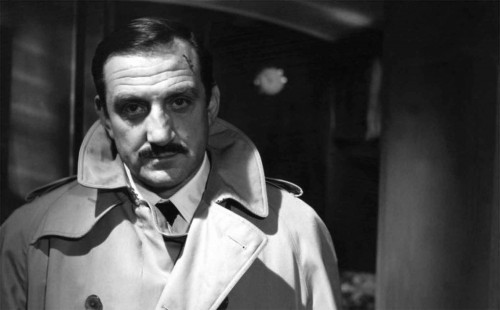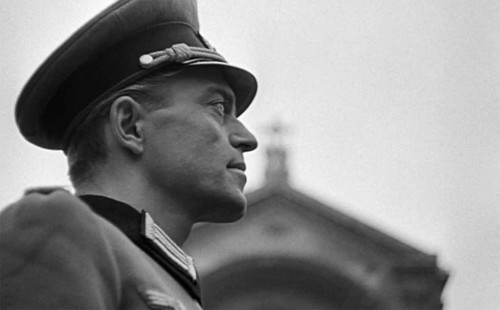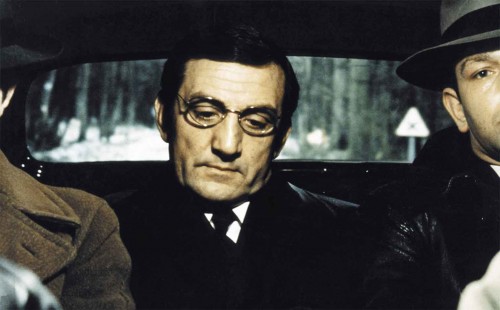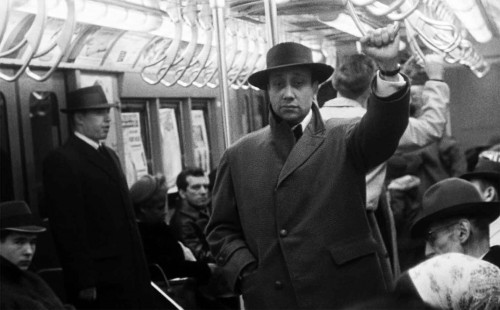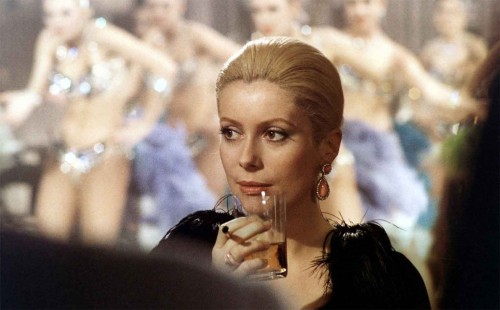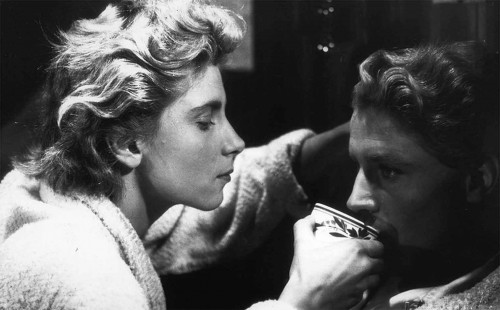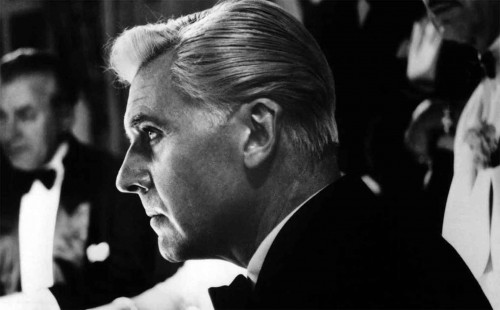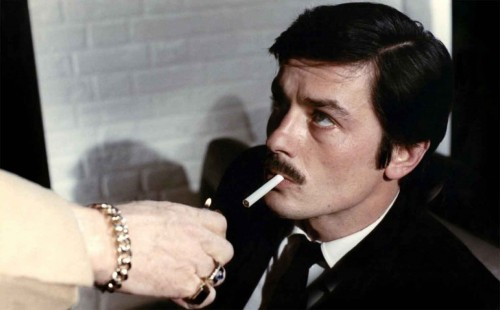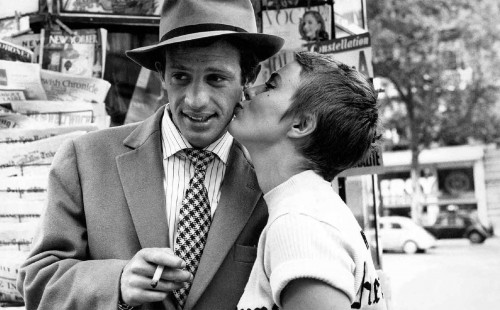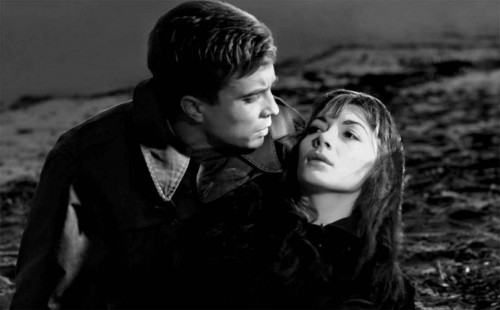MELVILLE
FINAL DAY OF SERIES
Père of the Nouvelle Vague, interpreter of Cocteau, master of the crime/gangster genre, Jean-Pierre Melville (1917-1973) remained always separate and himself. After serving in the French army and then the Resistance during WWII (when J-P Grumbach took his favorite author’s name for his own nom de guerre), he redefined “independent” with his self-financed outside-the-industry adaptations, moving gradually to those austere, if star-studded, evocations of a fantasy underworld that his surname evokes.
Supported by the Institut Francais and Cultural Services of the French Embassy, New York.
Reviews
“Chilled romanticism… one of the most influential styles in the modern cinema.”
– Richard Brody, The New Yorker
“A MUST-SEE!”
– Vogue
“[Melville] was known mainly for his mesmerizing crime dramas — terse, poetic studies of alienation and betrayal, patience and procedure. But he was first and foremost a master of human psychology… He allows his films to live with [a central] tension — between the poetic allure of a dangerous life lived on the margins, and the troubling pathology of the outcast.”
– Bilge Ebiri, The Village Voice. Read the full piece here.
“This is how you should attend the forthcoming retrospective of Jean-Pierre Melville movies at Film Forum: Tell nobody what you are doing. Even your loved ones — especially your loved ones — must be kept in the dark. If it comes to a choice between smoking and talking, smoke. Dress well but without ostentation. Wear a raincoat, buttoned and belted, regardless of whether there is rain. Any revolver should be kept, until you need it, in the pocket of the coat. Finally, before you leave home, put your hat on. If you don’t have a hat, you can’t go… Melville’s stoical films, from first to last, look like his and nobody else’s; he remains, in his own phrase, “the same man with the same colors on his palette.” But Melville’s style is at one with his substance—hard, cold, illusionless, yet presented with such panache that, against all expectation, it breeds joy.”
– Anthony Lane, The New Yorker. Read the full piece here.
“MELVILLE WAS NOT JUST A FATHER FIGURE TO THE FRENCH NEW WAVE. HE WAS ASCETIC WARRIOR PRIEST.”
– J. Hoberman

